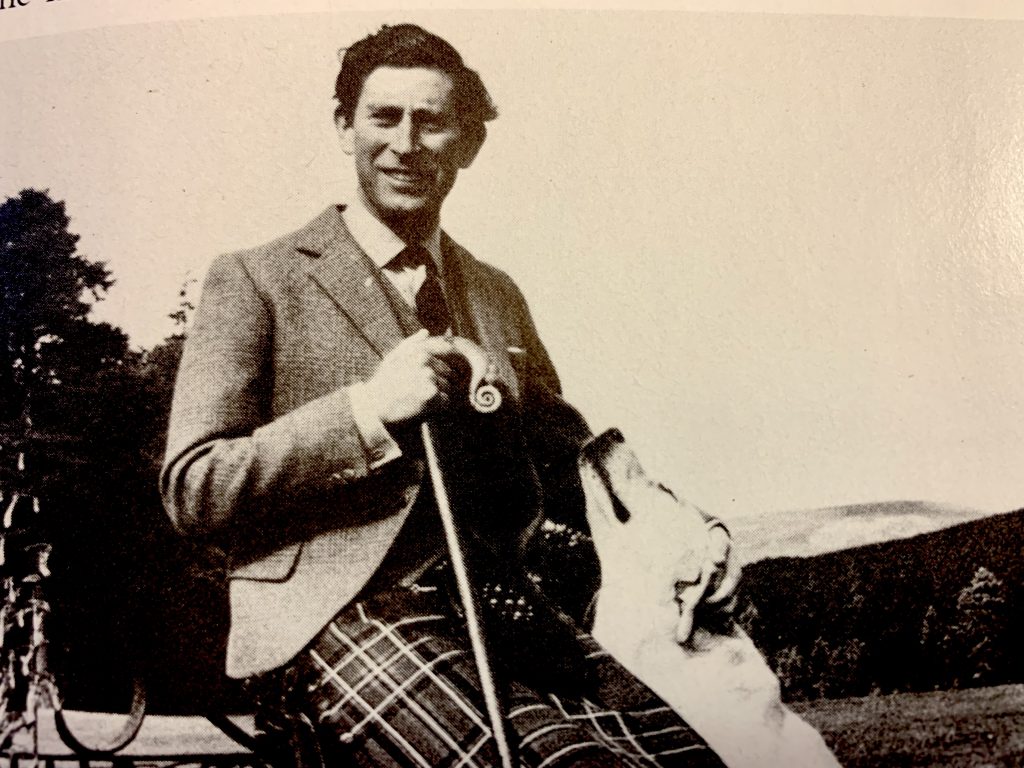Names are more than just smoke and mirrors

When we were expecting our latest grandchild, my husband and I were asked for our opinion on possible first names. Because the child’s relatives live in the Netherlands and Peru, it should be a name that is familiar in both countries and easy to pronounce in both languages. One of the names on the list was “Camilla” – and I was the one who spoke out against it because of the aforementioned association.
Now, of course, it is arguable whether it is so bad to think of Prince Charles when your grandchild steps into the room, or you can just hope that this association will fade over the years and be completely forgotten by the time the child wears braces at the latest. But no matter how you look at it, certain associations will be there.
For these associations, I distinguish between personal, generational and – I’ll call them “fatal”.
The personal associations are the name of the neighbour you already disliked as a child, the classmate who always told on you – or your partner‘s “ex”, who is out of the question as the namesake for your children. (In the case of people with many “exes”, no end of names have to be ruled out…) It is amazing that people you haven’t thought of for decades suddenly come back to mind when you hear their first name.
The generational ones are easy to explain: If I used to think of Dr. Zhivago when I heard the first name “Lara”, the generation after me thinks of Lara Croft. And while my mother thought of Marlene Dietrich and the 1930’s film “The Blue Angel” when she heard the name “Lola”, the 1970’s hit song by the “Kinks” came to my mind. Each coming generation will provide new examples of this, shaping the popularity of first names.
Some “name inspirers” are such trendy figures of their generation that I wonder what it’s like to live with such a name. Some of the many now little Beyonce’s might be able to tell me in a few years….
The babies that are currently being born are again following completely new trends with their names, I read in the article “First names and their prejudices” by Verena Mengel:
“For example, the successful series “Game of Thrones” is also leaving its mark. Now some children are called Jon, Arya or Brandon, but even Khalessi, which is not a first name in the series, but a title.”
The fatal associations with first names have not only been known since the oft-cited “Kevinism”, which describes the phenomenon that children with this name are immediately assumed to come from a so-called “educationally deprived environment”. In my generation, it was the boys called Detlef from whom sexual inclinations were derived in a deeply pubescent way. I still get angry today when I remember what my peers with this name had to go through back then!
And – last but not least – I would also like to mention the people with a migration background who – even if they were born in Germany and speak German – have worse chances of finding a flat or an apprenticeship because of their first name. The magazine “Der Spiegel” has called for a “name guerrilla” for this target group and asks:
“Dear black and Muslim parents, give your sons old-white-male names like Helmut, Gerhard or Ulf, and best call your daughters Hannelore, Sieglinde or Waltraud.”
And apart from that, they addressed parents with German ancestors: “Join in! Just call your children Osman, Aliyeh, Khuyen or whatever you like.”
An interesting way to properly shake up naming clichés!
P.S.: When his grandchildren were being named, my grandfather remarked that he would only accept names that he could pronounce when he wasn’t wearing his dentures. That’s why one of my cousins is not called “Saskia” after all!
Original text: BBR
English translation: BCO
Bildquellen
- From the magazine NOT THE ROYAL WEDDING 1981: BCO

